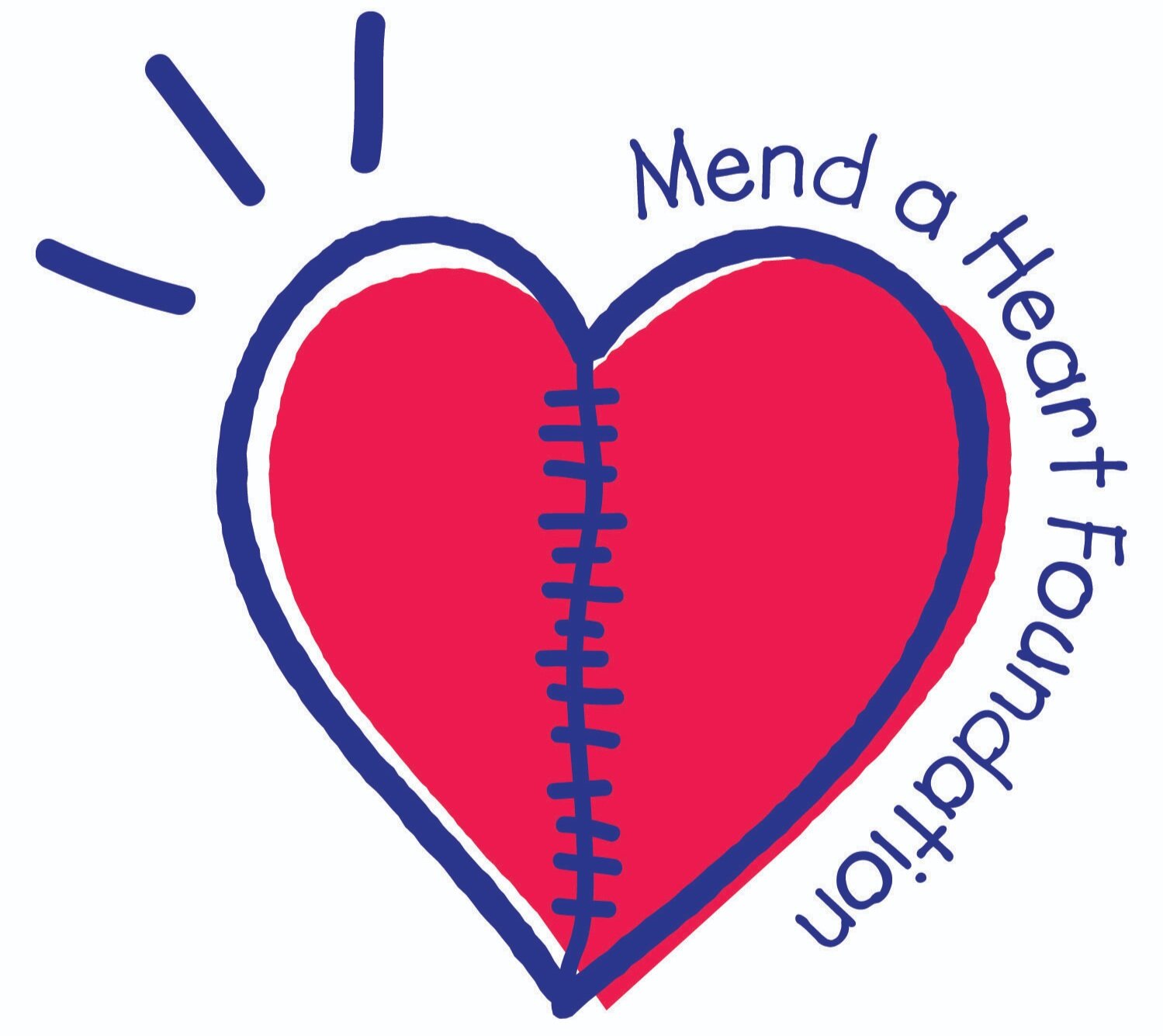Children's Hospital of Boston Harvard Medical School
Jane Newburger, MD, Primary Investigator
Boston, MA
International Study of Neurodevelopmental Outcomes Following Cardiac Surgery in Neonates and Infants
Funding requested: Year 1 - $17,500; Year 2 - $17,500
Neurodevelopmental disability is the most common, and potentially most damaging, complication of congenital heart disease (CHD) that requires cardiac surgery in infancy. Small studies at individual research institutions have shown that children with CHD, as a group, have more problems with reasoning and learning, "executive function" (ability to organize and sequence activities), inattention and impulsive behavior, language skills, and social skills compared to children in a normal population.
Lower abilities in these areas may lead to poor school performance, increased strain in interpersonal relationships, and inappropriate behavior. Indeed, many school‐age survivors of infant cardiac surgery need remedial services, including tutoring, special education, and physical, occupational, and speech therapy. Moreover, as the children reach adulthood, neurodevelopmental consequences of CHD and its treatments can limit their ultimate educational achievements, employability, insurability, and quality of life.
Currently known risk factors explain less than 30% of the observed variation in neurodevelopmental outcomes in children who have had cardiac surgery in infancy. Discovery of the still unknown causes of neurodevelopmental disability in children with CHD would allow us to identify those who are at risk sooner and, importantly, it would drive the design of studies into new preventive therapies.
Many clinical centers caring for children with CHD have reported their developmental outcomes in single‐center reports, but our proposed project will bring together existing neurodevelopmental outcome data from multiple institutions to form the largest cohort ever to be analyzed from this particularly vulnerable population. Using an international multi‐center dataset, our study aims to examine the spectrum and severity of neurodevelopmental impairments in children after cardiac surgery in infancy, and to explore secular trends (trends over time) and risk factors associated with adverse outcomes. We will analyze neurodevelopmental outcome data following infant cardiac surgery from already existing prospective clinical trials and observational cohort studies, sent to a central data repository located at Children's Hospital Boston from international centers of excellence. Data will be included for children who meet the following entry criteria: 1) underwent cardiac surgery using cardiopulmonary bypass on or before age 9 months; 2) enrolled in a prospective clinical trial or observational study evaluating neurodevelopmental outcomes, with date of surgery between January 1, 1988, and December 31, 2009; 3) received a postoperative neurodevelopmental evaluation between 6 to 30 months of age using the Bayley Scales; and 4) have available patient data and operative management variables. The primary health outcome that the study will examine is the motor domain of the Bayley Scales. Secondary outcomes include the mental domain of the Bayley Scales and patient head circumference. Statistical analyses will use multiple linear regression analyses, with adjustment for center and Bayley version as needed. These data will provide a unique opportunity to explore predictors of neurodevelopmental outcomes across a wide variety of cardiac diagnoses, at various centers employing different management strategies in the largest sample of patients ever reported. The cardiologists, cardiac surgeons, biostatistician, and developmental psychologists participating in this study are contributing their own research data and their time without compensation. Our grant proposal requests funding only for a part‐time statistical programmer because of the complexity and time commitment needed to combine and analyze data from many participating institutions. Our research proposal will not only provide the first‐ever international study on development in congenital heart patients, but it will also launch an international study group that will focus on developing a better understanding of the causes of developmental challenges in congenital heart patients to improve their long‐term happiness and fulfillment.

